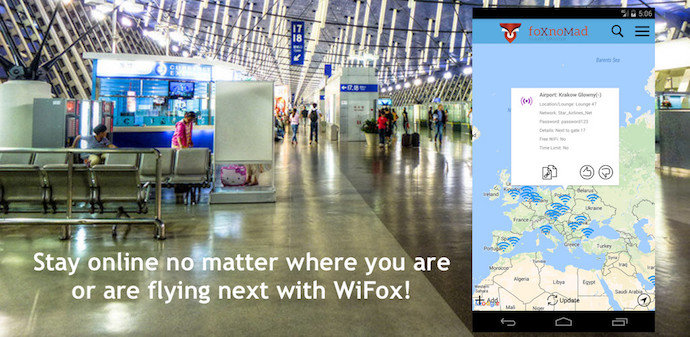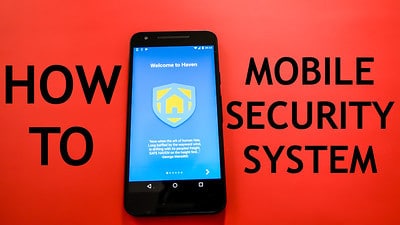
Before the debate between Windows and OS X could be decided in a ruthless online war of anonymous Internet commenters, we collectively stopped caring about laptops in order to declare iOS, wait Android, oh hell, some mobile operating system superior to the other. Although the mobile OS argument is a big one, let’s focus in with a specific look at which one you might want to travel with, especially if you’re shopping around for a new phone.
Line In The Sand – What’s The Basic Difference?
Android is an open source mobile operating system developed by Google, independent of the type of phone it runs on. The current version of Android is 5.0 Lollipop, which came out a few weeks ago. Due to its open nature, Google doesn’t control when a given Android device might get any OS update, unless you’ve got a Nexus (built by Google) or a recent Motorola phone, like my favorite of 2014 the Moto X. They’re the phones and tablets to get updates first.
Motorola Moto X 16GB (2nd Gen 2014) 3G – Black (SIM Free/Unlocked) UNLOCKED FACTORY
iOS on the other hand is developed by Apple, who controls not only the operating system, but the hardware it runs on. Any time you’re talking about iOS, you know it’s either an iPhone, iPad, or iPod. Without some software kung fu, iOS is designed to only work on Apple gear. Approved apps can only be downloaded from Apple’s App Store on iOS devices unlike the Google Play store, which Android gives you the option to break free of.
Android devices tend to be less expensive as there’s competition in the market between manufacturer phones like the Samsung S5 and HTC One M8, whereas if you want iOS, you’re stuck to iPhone. One the other hand, iOS devices get software updates as soon as they’re released by Apple.
Camera Quality
Although you can turn your mobile phone into a better camera, a lot of what you have to work with is based on the sensor inside your mobile and the software interpreting the light hitting it. Lets talk about the two clear leaders in the market that aren’t named Lumia. (Nokia’s latest line of phones have incredible cameras but run Windows’s mobile OS; not covered in this post.)
- iPhone 6 and 6+ – Apple puts a lot of effort into iPhone cameras and they’re almost always leaders of the pack and perform well in low light.
- Samsung S5 – For the Android side of things (where there’s a lot more variety).
These are the best smartphone cameras but when it comes to video things get murkier. iPhones still can’t take 4K video (a feature most new Androids have) but if you want a phone that will take good travel photos on your trip to India without having to think much, iOS might be for you.
Reliability
What makes Android great is that it’s so much more customizable than iOS. Tinkerers or Apple enthusiasts who haven’t taken a look at Android lately should swing by a shop to see what phones running Google software can do.
Yet, since Android is open, you tend to get manufacturers like AT&T who load up their own apps (called bloatware) you can’t remove without rooting your phone. iOS on the other hand is controlled by Apple and only Apple. As anyone who’s used both systems will tell you, that makes iOS more reliable despite the recent rough transition to 8.0.
LTE Bands And Privacy
As the world begins to adopt 4G it’s important frequent travelers brush up on LTE bands. Generally speaking, LTE receptivity is a hardware issue, so if you want the broadest range in countries around the world you’ll have to shop for the right Android phone or pick up an iPhone 6. Additionally, while it’s not necessarily a traveler issue, everyone should be aware of Android’s permissions gap.
In the end, one mobile operating system isn’t better than the other for travel, but rather it’s the phone hardware that counts. If your sole camera is your phone, find the one with that takes the best pictures, then load these app for better photos. Business travelers might lean more toward Android’s superior personal assistant but whichever ecosystem you fall into, don’t fret too much as both do mostly the same thing; just in different ways.












You should really take into consideration Windows Phones as well. They are catching up fast.
I’m on the horizon, there will be a lot more coverage of Windows phones upcoming posts.
I love Android and still want to use them but would have liked an Android vs. Windows phones post as I am considdering if I want a Nokia atm.
I appreciate the feedback and will work on something for Windows phones soon.
Thank you! 🙂